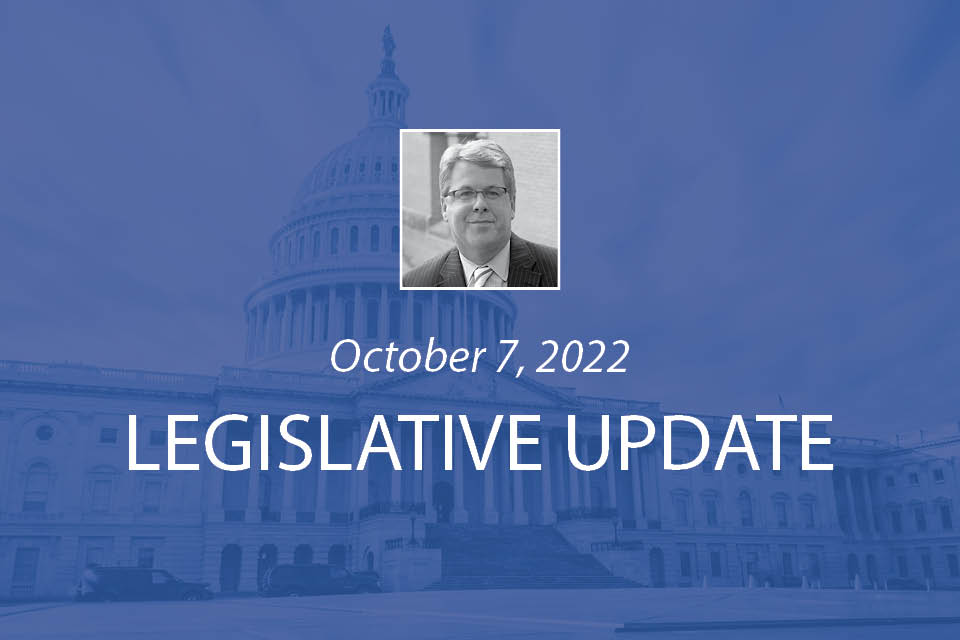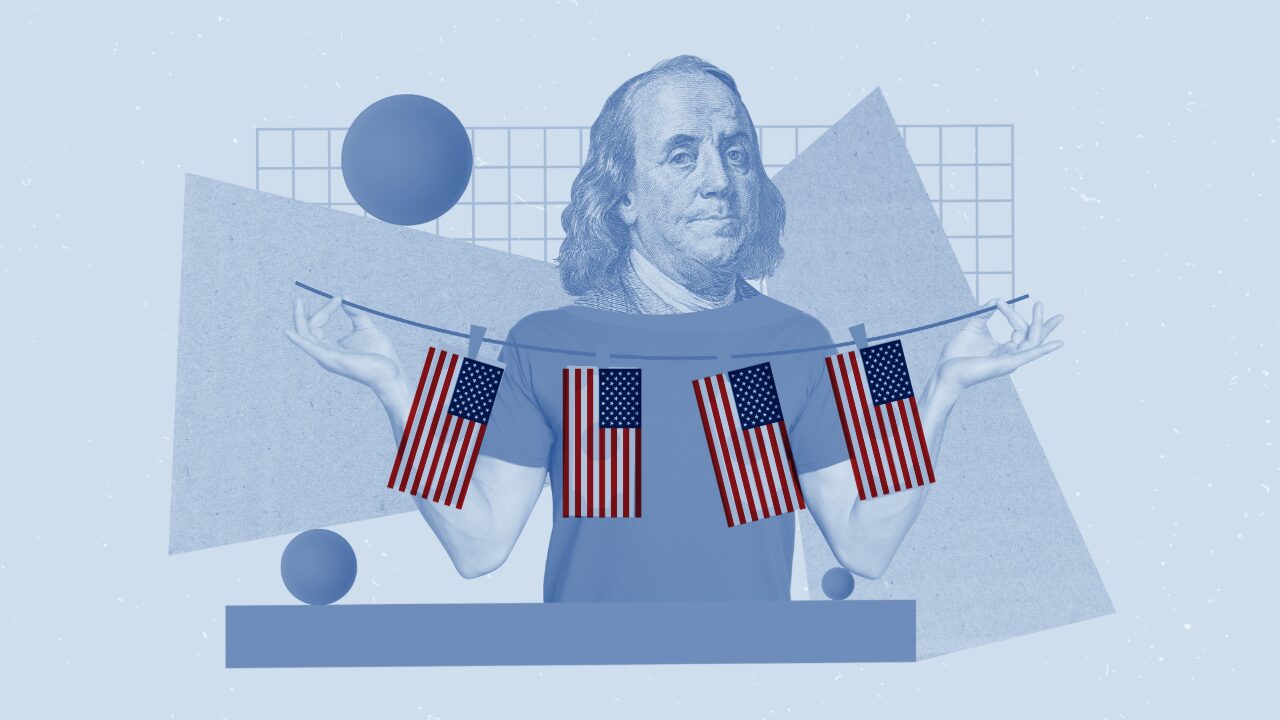Tax Extenders
One of the legislative priorities of the business community when Congress returns to Washington in mid-November is for Congress to extend beneficial tax provisions that were enacted as part of the Tax Cuts and Jobs Act (TCJA) of 2017. A key piece of TCJA is bonus depreciation, which is 100 percent on eligible used or new assets placed in service until the end of this year. After that, the credit begins to phase down on the following schedule:
- 80% for property placed in service during 2023
- 60% for property placed in service during 2024
- 40% for property placed in service during 2025
- 20% for property placed in service during 2026
Business trade associations here in town have begun to circulate letters to Congressional leadership advocating for extension of key business incentives that are scheduled to either expire for phase out. A good example is this letter from the National Association of Manufacturers. ABMA plans to craft a similar letter to legislative leaders and will be actively engaged in the tax extenders debate with our similarly situated business trade groups in Washington to advocate for continuation of full expensing of business equipment.
Rail
On Tuesday, September 27, Senator Tammy Baldwin (D-WI) introduced legislation to codify the common carrier obligation definition into law. By way of background, the common carrier obligation is a requirement that rail carriers serve the wider shipping public on reasonable request. This obligation has existed since 1980 when the Staggers Act was enacted, but it has never been clearly defined.
Senator Baldwin’s legislation, S. 4959, the Reliable Rail Service Act, lays out specific criteria for the Surface Transportation Board (STB) to consider when determining whether a rail carrier has violated its common carrier obligation.
Those criteria include:
- Impacts of reductions or changes in the frequency of transportation or service;
- Availability and maintenance of reasonable local service schedules and delivery windows;
- Impacts of reductions in employment levels;
- Impacts of reductions in equipment; and
- Whether the service reasonably meets the local operational and service requirements of the person requesting transportation
We do not expect this legislation to move this year given the limited number of legislative days that Congress will be in session. However, ABMA will be monitoring progress on this bill in the coming weeks and into the next Congress.
Clean Energy Incentives for Home Construction/Efficiency Upgrades
On Wednesday, the U.S. Treasury and the IRS issued six separate notices seeking comment on new and/or enhanced renewable energy and efficiency tax credits in the recently enacted Inflation Reduction Act (IRA). Of particular interest to the LBM sector are the home and building incentives under Sec. 25C—the Energy Efficient Home and Building credit. This credit has existed for several years and offers homeowners tax credits for purchasing new doors and windows, roofs and other energy saving components to the home. The IRA extended the 25C credit for ten years and added heat pumps and wood and pellet stoves to the list of equipment that is eligible for the credit. In addition, it bumped up the credit amounts for these items to $2,000. The Treasury announcement soliciting comment may be found here.




